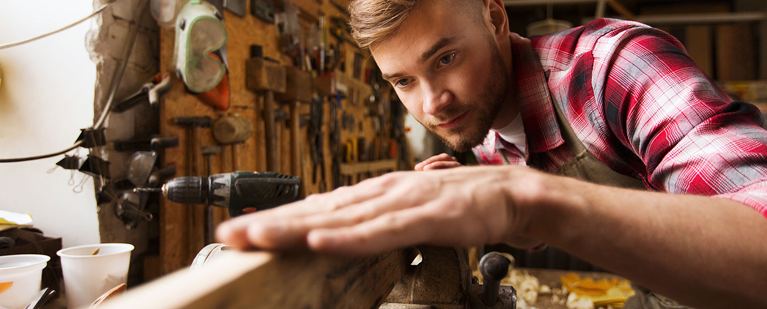Skilled carpenters work directly with clients, or may be subcontracted to building contractors. Each state and territory has its own licensing and registration requirements. Some may issue carpentry licences while others require registration with accredited building practitioners and work under licensed builder supervision.
Competency and aptitude are crucial skills in the highly specialised carpentry trade. A career in carpentry typically starts with an apprenticeship before the individual becomes a journeyman. The ultimate goal is to reach the level of master carpenter.
Your registration or carpentry licence gives clients the guarantee that you have the required experience and qualifications to bid on larger contracts, carry out this specific area of building work, and to generally build your reputation as a professional carpenter.
Any carpenter who fails to operate under a proper licence may be sanctioned through penalties or fines, depending on the territory or state. Penalisation will result in difficulty obtaining a carpentry licence in future.




















